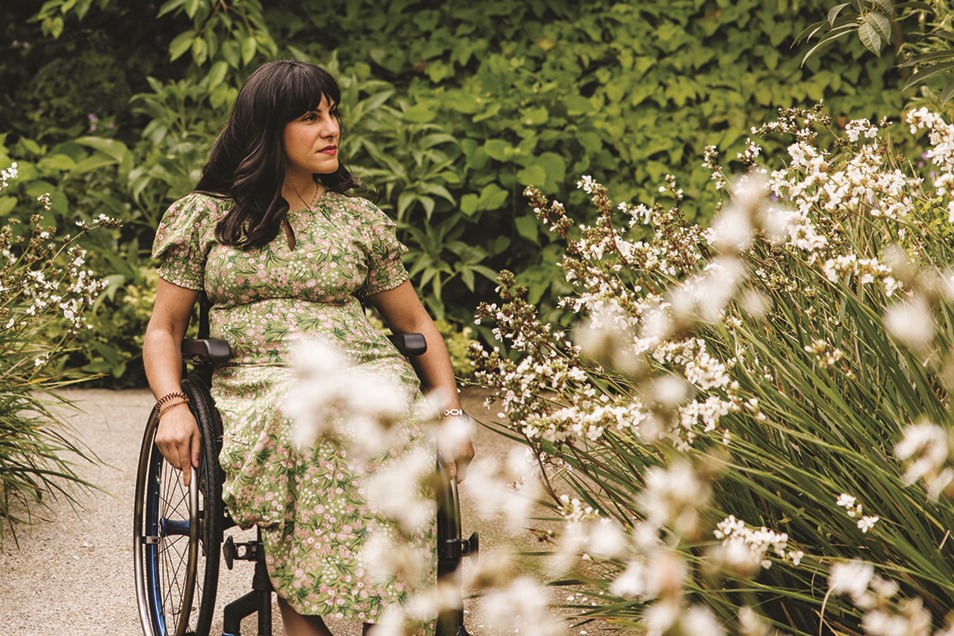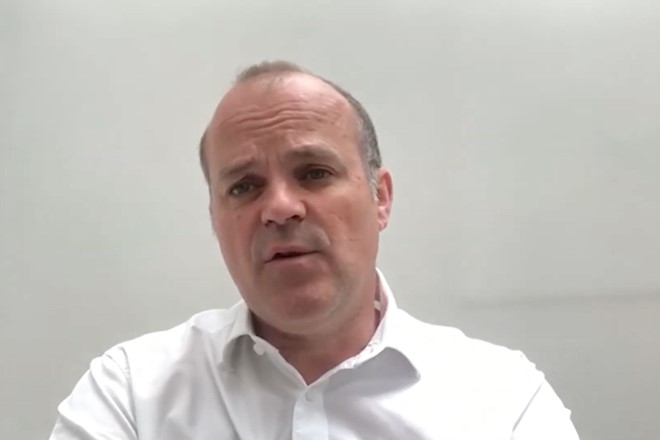
A pioneering organisation driving the conversation around why gardens are a critical part of NHS provision. Horatio’s Garden build and run extraordinary gardens in specialist NHS spinal injury centres and are recognised as being an essential part of the rehabilitation pathway.
- Every 2 hours someone sustains a spinal injury in the UK
- Horatio’s Gardens are present in 8 out of 11 NHS spinal injury centres
- >22,000 people benefited from the gardens in 2023/4
- 100% of patients report improved wellbeing after being in the gardens
On average, people spend between three to nine months in these specialist centres, often far from home. They are 56% more likely to experience mental health issues with a tourtold increased risk of suicide.
Every aspect of Horatio's Garden's support is evidence-based, with proof that being in the garden improves mental and physical health, distraction from pain, vitamin D levels, sleep and long-term economic activity.
Horatio's Garden is an ambitious charity looking to expand its reach and working with the NHS to improve its estate. Its founder Dr Olivia Chapple has now been recognised with an OBE for exceptional services to charity and a RHS Queen Elizabeth Medal, the highest honour for contribution to horticulture.
The gardens now support 73% of people after a spinal injury. The charity's mission is to open gardens in all 11 NHS specialist centres to ensure that no-one has to go through a life-changing spinal injury and spend months in hospital without being able to use a Horatio's Garden.
Each garden costs around £150,000 a year to run. Horatio's Garden's life-changing work depends on public support and this year they become a partner of The Syncona Foundation for the first time.
A Q&A with CEO, Katie Tait
How did Horatio’s Garden come to exist?
The charity is named after Horatio Chapple. As an aspiring doctor, he realised there was a lack of outdoor space for patients and their families when volunteering at the spinal centre in Salisbury. He worked closely with patients to understand how a garden could support them alongside their rehabilitation. Horatio tragically died on a school trip at the age of 17, leaving his parents to open the first garden in his honour in 2012. His legacy continues every day with thousands of people now benefiting from the gardens.
Who can benefit from the gardens and what impact do they have?
Horatio’s Garden benefits all affected by spinal injuries, whether they be patients, staff or visitors.
Patients with spinal injuries are sent to specialist centres across the UK, where they go through intense and lengthy rehabilitation. They’ve usually been through a traumatic event and have to come to terms with a dramatic change in lifestyle.
Our gardens give patients a peaceful space to rehabilitate both physically and mentally – and they have a huge impact. 95% of patients use the gardens at least once or twice a week, 100% report improved mental health and wellbeing, and 70% notice a distraction from pain.
Perhaps more profoundly, 91% of patients report being able to maintain and improve relationships with their family and friends. Visitors can sometimes travel up to five hours and the gardens provide a nicer environment to nurture and build connections. So, Horatio’s Gardens are designed for friends and family too, as well as the brilliant staff who support patients in this intense and demanding area of care.
What are your future plans at Horatio’s Garden?
Horatio’s Garden is just about to open our eighth garden in Sheffield. This is the garden that won best in show at RHS Chelsea Flower Show in 2023 and has been significantly enlarged. We’re incredibly excited about this and it means we only have three NHS spinal injury centres left to go!
Beyond this, we want to drive a real change in the conversation. The health and economic benefits of having spaces like these are significant and we want more people to understand why gardens should be an important part of the rehabilitation process.
Gardens can result in patients spending less time in rehabilitation and having significantly better mental health, which can save healthcare systems time and money. We’re taking this message as far and wide as we can and hope to see beautiful, restorative gardens being implemented as broadly as possible.



